A portion of Iberian ham, some croquettes, a paella with prawns, a sirloin or a tumbet were typical and immovable dishes and starters of Balearic cuisine about ten years ago.
Text: Juan Ignacio Orúe. Palma.
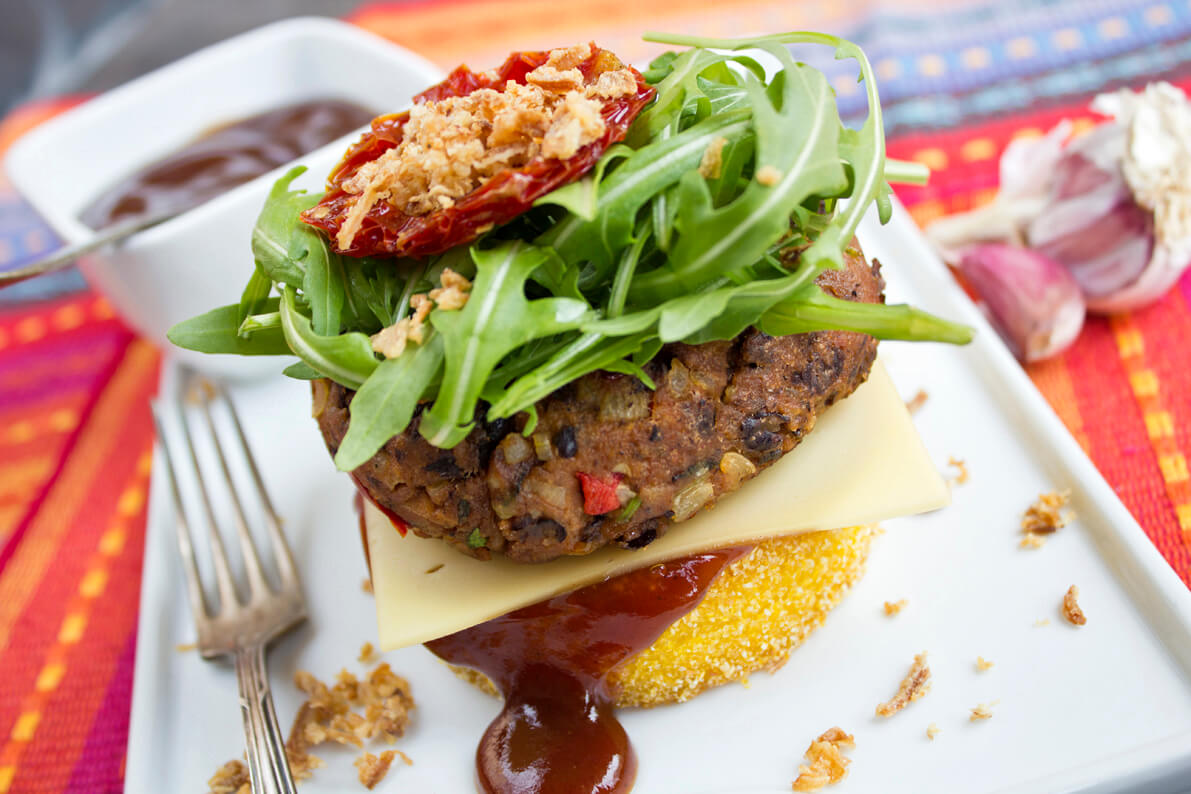
It would be excessive to say that these foods tend to disappear from homes and restaurants, however the local diet mutates and consolidates new patterns of consumption in parallel with social changes and personal principles, both in the Balearic Islands and throughout Spain, who reject an animal origin diet alleging an ethical reason.
It is a conviction that has been multiplied. Different lifestyles make up alternative ways of eating, such as vegetarian, vegan, pescetarian or macrobiotic.
In 2017, 7.8% of Spanish adults were veggie (vegans, raw vegans, vegetarians and flexitarians). In 2021, growth versus 2019 reached almost 1,300,000 new veggies, 34% more. The total is already above 5 million, according to the latest study “The green revolution” made by Lantern.
This universe has nuances. The vegetarian person does not eat meat, but animal derivatives, such as milk and eggs; the flexitarian follows the same habits, and sometimes consumes meat and fish; the vegan rejects the animal diet and the raw vegan eats raw food because they argue that cooking removes nutrients.
They feed on vegetables, fruits, legumes, nuts and seeds, which provide protein, calcium, iron and antioxidants. They must include Vitamin B12, since it is only found in foods of animal origin. Pescetarians are also part of this world, who consume fish and shellfish.
“I have been a vegan for 10 years and a vegetarian for 38 years. When I was eight years old I saw a dead cow in a slaughterhouse and decided never to eat an animal again. The environment is another reason. Cattle industry is guilty of a third of greenhouse gas emissions. And finally health. The consumption of products of animal origin is linked to heart disease, cancer, diabetes and arthritis”, argues Miriam Spann, owner of the Villa Vegana hotel together with Jens Schmitt. “How a way of eating is called is not so important, but whether you eat balanced. If you are vegan and only eat pizza and chocolate it is also not the ideal way for a healthy life”, she adds.
At La Mujer de Verde restaurant, Paula Ramírez and her family offer veggie dishes. She always ate vegetables and little meat. She became a vegetarian and is going towards veganism. “I prefer to have a conscious diet knowing what the impact of what I eat is. After eating I feel much lighter and more energetic. It also increased my peace of mind. I respect the animals, it was not consistent that I caused their suffering”, she considers.
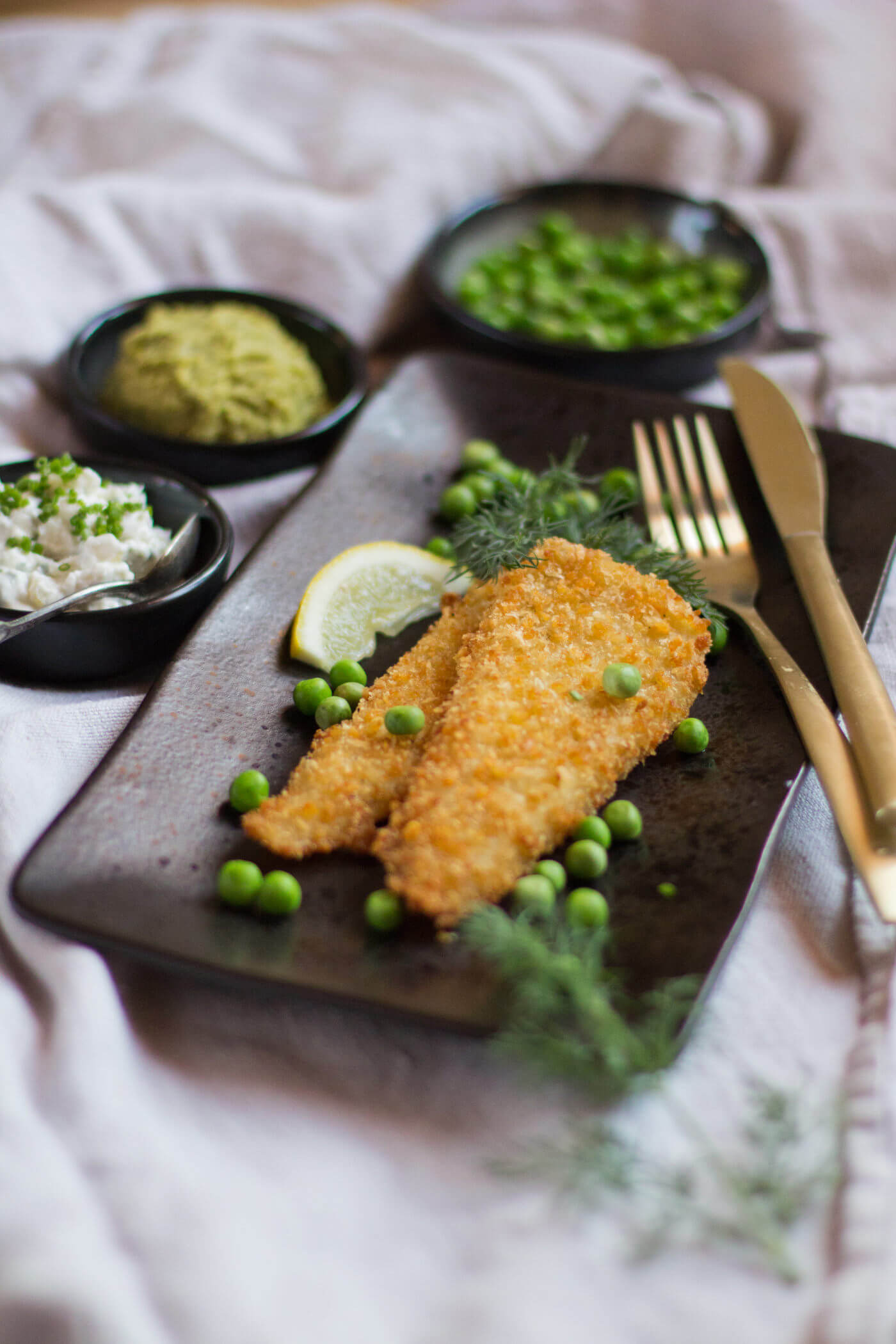
Macrobiotics is another diet partially based on Eastern philosophy, which seeks to find physical and emotional balance through nutrition. “Being macrobiotic does not mean eating brown rice and miso, but understanding that everything flows: what goes up will come down, and what is down must perforce go back up. This is how the Sun and the Moon, our emotions, move and change. The great gift of macrobiotics is to reconnect us with the source, to make us aware of belonging to a whole that we can learn to perceive as soon as we immerse ourselves without prejudice in the wide world of energies”, explains Clara Castellotti, graduate in Pedagogy, writer and consultant in macrobiotics.
“In our islands we give importance to the xeixa -wheat-. And I follow a Mediterranean diet with organically grown seasonal vegetables, seeds and some quality animal protein to complete the picture”, she adds.




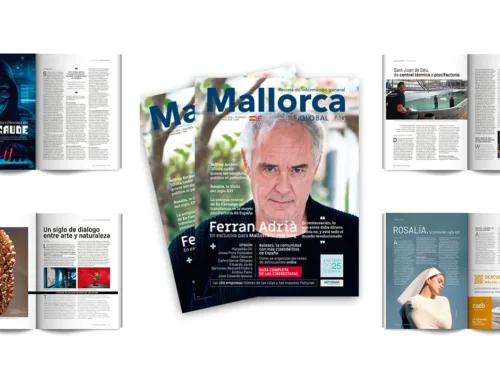

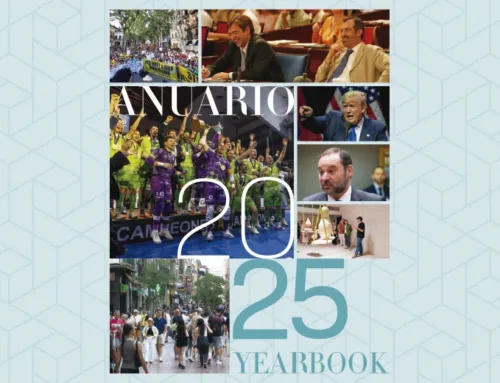
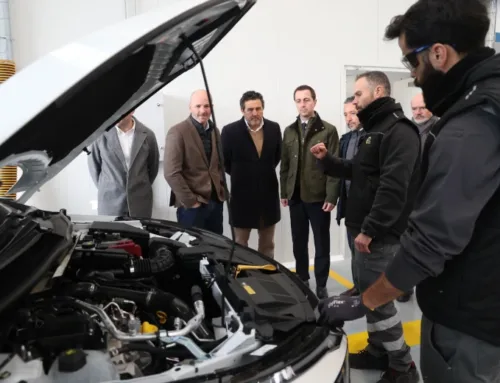


Leave A Comment